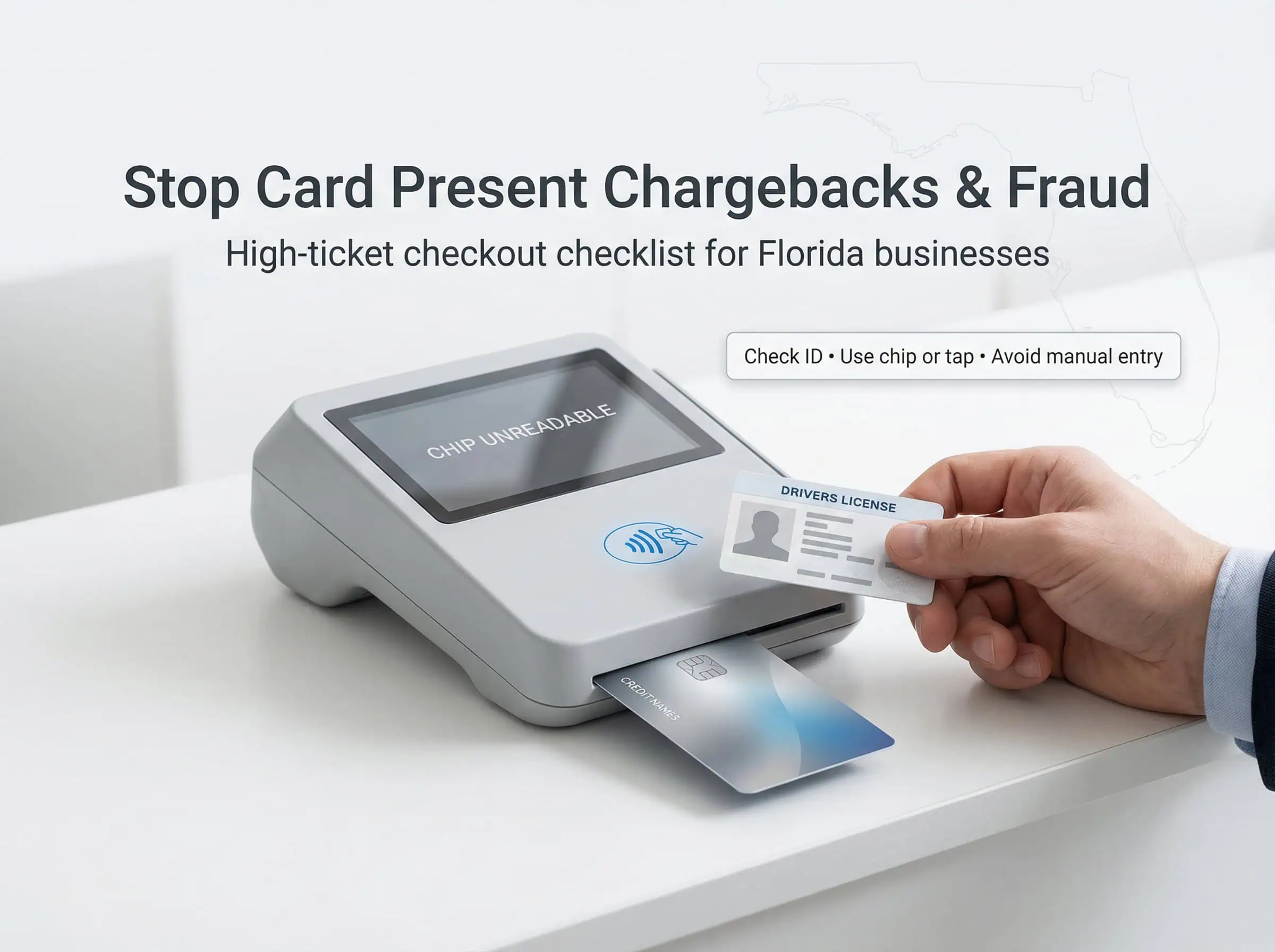Looking into the criminal history of job applicants is a smart hiring practice. Given the high proportion of adult Americans with criminal records the DOJ (Department of Justice) estimates 1 in 4 adults has a record of some kind, and it is likely your background screening will reveal a criminal history for many of your own applicants.
Here are 5 key tips and best practices for using criminal background checks in your hiring process:
- Avoid blanket exclusion policies.
This one is really straightforward. In most cases it is unacceptable to automatically exclude applicants for any kind of criminal past whatsoever. This is both unfair to applicants and self-defeating for employers to eliminate so many prospective workers.
- Notify your applicants that you are looking into criminal history.
Applicants must be informed in writing—and they must provide written consent—that you are researching their past for evidence of criminal activity as part of the hiring process. (FCRA Summary of Rights)
- Exclude applicants with a criminal background only if it is job-related and a business necessity.
This famous phrase—job-related and a business necessity—captures the whole point of the EEOC policy. You should not exclude someone unless their criminal past actually poses a probable risk in the job in question.
- Conduct an individualized assessment before excluding an applicant.
Think of an individualized assessment as the opposite of the blanket exclusion. After the background screening reveals that an applicant has a criminal history, conduct an individualized assessment to determine if the offense justifies exclusion.
- Use the two-step adverse action process if you decide to exclude.
Employers do have the right to exclude a job applicant because of criminal history. If you have conducted a background screening and an individualized assessment and still determine to exclude an applicant, make sure the adverse action is properly done. It should include two steps. First, notify the applicant that he or she is going to be excluded for that reason, and second, give them an opportunity to respond with mitigating information before making any adverse hiring decision based on the background check.
Should you hire someone with a criminal past?
This is a question we hear a lot. We think the best answer is to look honestly at whether the applicant truly fulfills the requirements for the job and whether excluding the individual on the basis of his or her criminal record is consistent with the needs of your business. In following the steps outlined above, you can better navigate the trade-offs between making a bad hire and potentially discriminating against an otherwise worthy employee.





